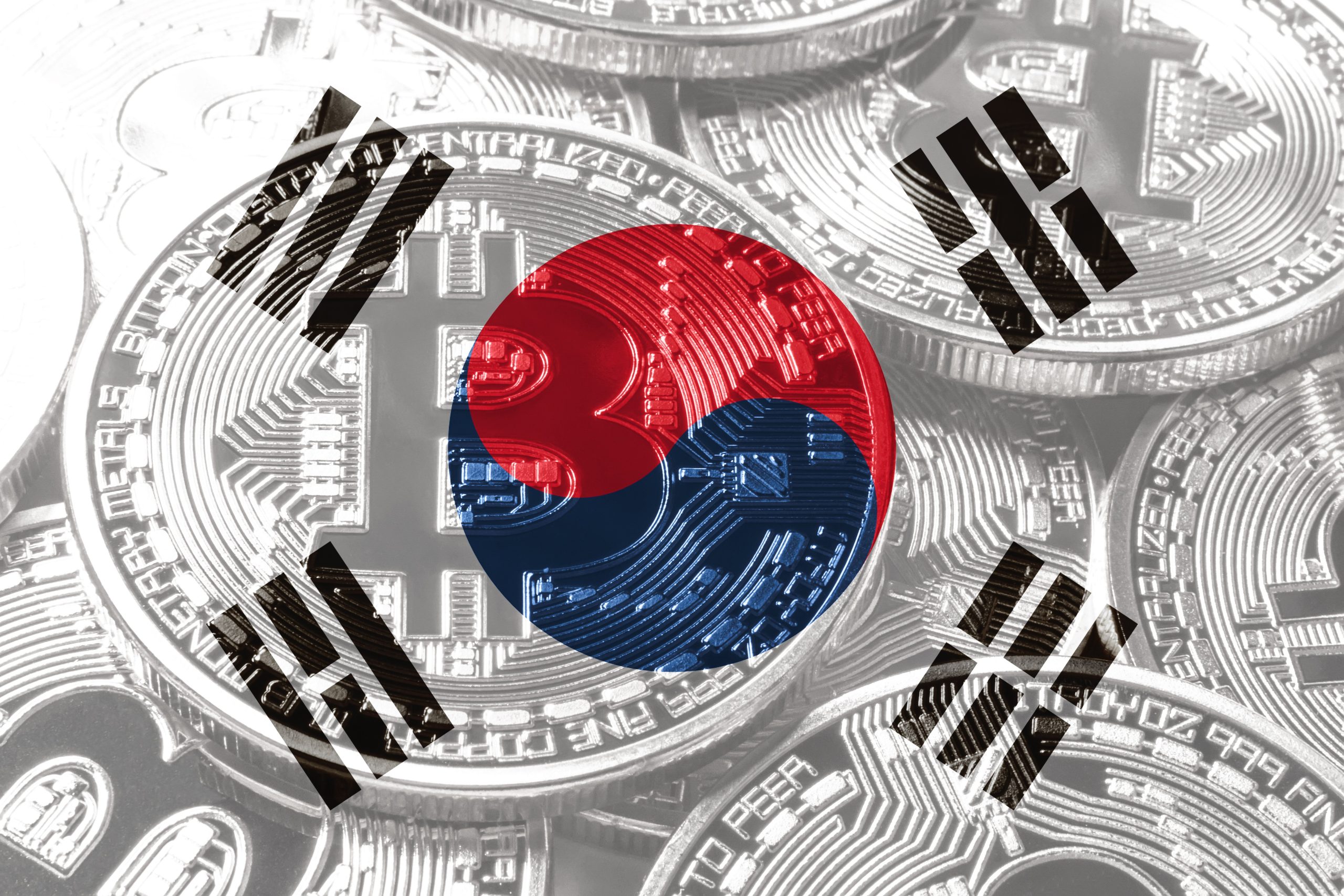South Korea takes a major step towards cryptocurrency legalization through new guidelines on securities tokens
South Korea’s top financial regulator has introduced new guidelines for security tokens. This is a significant step in bringing crypto into mainstream.
The new guidelines will allow security tokens to be introduced into a regulated environment. They are financial assets that are issued by a central party and tokenized on the blockchain.
These are the new guidelines Published South Korea’s Financial Services Commission, FSC (Monday)
Stablecoins exempted
FSC stated that stablecoins won’t be considered security tokens in the new rules. The new regulations will not apply to tokens without a centralized issuer. This means that tokens that are sufficiently decentralized will be exempted from the new rules.
“[…] Digital assets that correspond to securities must be issued in compliance with the Capital Markets Act securities regulations,” FSC stated on its website.
South Korean regulators previously stated that they are open to working with international counterparts in stablecoin regulation. They also said that the policy must conform with overseas regulations.
Cryptocurrency mainstreaming
The new plan to regulate security tokens better is part of a larger effort to make crypto mainstream in South Korea. It could also be considered a de facto legalization.
The country is currently undergoing a stronger push to regulate crypto. Legislators in the national parliament are currently considering 17 regulatory frameworks for crypto. All of these new rules will be part of the Digital Asset Basic Act, a comprehensive legal framework that covers crypto.
Only bitcoin is considered a commodity in the US
The US Securities and Exchange Commission (SEC) chair Gary Gensler has stated that he regards bitcoin (BTC), due to its decentralization, as a commodity, but other cryptocurrency could be considered securities for regulatory purposes.
This distinction is crucial in the US context because securities are traditionally more tightly regulated than commodities.

